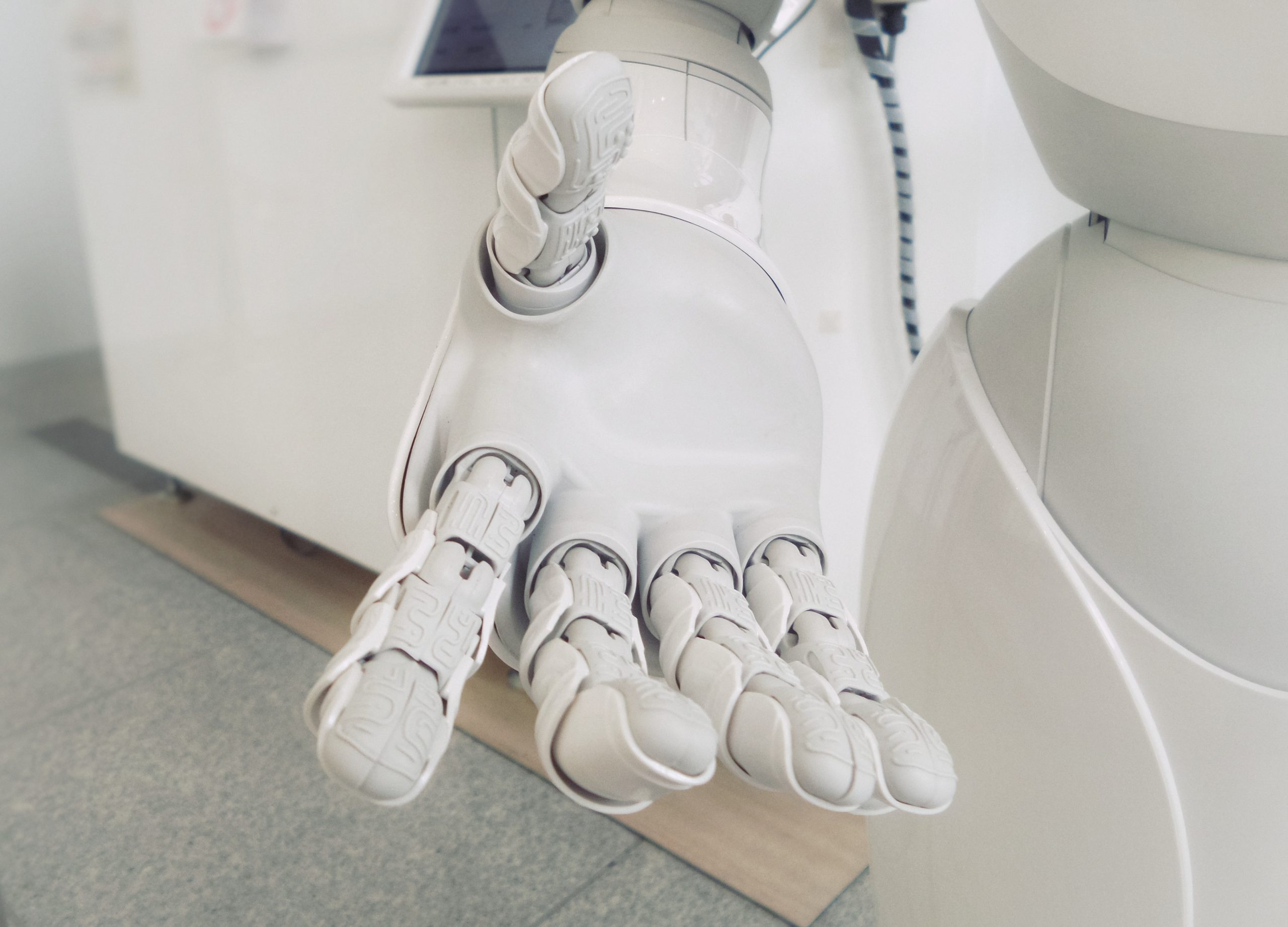The AHA’s 2023 Scientific Sessions marked a turning point in cardiovascular care, unveiling groundbreaking Artificial Intelligence advancements.
These innovations are poised to redefine diagnostic precision and efficiency, notably in detecting heart valvular disease and predicting cardiovascular risks.
A pioneering study introduced AI-assisted digital stethoscopes into the realm of valvular heart disease detection. Conducted across three primary care clinics in the US, this study compared traditional stethoscopes with their AI-equipped counterparts.
The results were staggering, revealing that the AI-assisted digital stethoscope outperformed traditional methods by a significant margin. It detected an impressive 94.1% of valvular heart disease cases, while the conventional approach managed only 41.2%.
Additionally, it unveiled 22 previously undiagnosed moderate or greater heart valve disease cases, demonstrating its superiority over standard stethoscopes.
Lead author Dr. Moshe Rancier highlighted the transformative potential of this technology in revolutionizing early screening and diagnosis. The implications are far-reaching, potentially reducing healthcare costs and significantly improving patient outcomes.
Artificial Intelligence vs. Traditional Methods

However, amidst its remarkable sensitivity, the AI tool fell short in specificity compared to traditional methods. While the AI boasted a sensitivity of 84.5%, traditional methods retained an edge with 95.5%, indicating a lower risk of false positives.
Nonetheless, the study’s limitations, including a small sample size and a lack of diverse participant analysis, necessitate further extensive research.
Looking ahead, future evaluations will focus on assessing long-term patient outcomes and the broader impact of additional diagnostic tests and treatments. These investigations will play a pivotal role in establishing the reliability and sustainability of AI applications in real-world healthcare scenarios.
The implications of these findings are monumental for cardiology, showcasing AI’s potential to enhance diagnostic accuracy and efficiency.
Dr. Dan Roden from Vanderbilt University Medical Center underscores the significance of these studies, emphasizing how simple measurements powered by AI can predict broader health outcomes, highlighting the growing sophistication of computational methods in medicine.
The strides made in AI applications for cardiovascular health at the American Heart Association’s Scientific Sessions 2023 signify a transformative era in healthcare, where technology promises to revolutionize diagnostics and patient care.


Comments are closed.